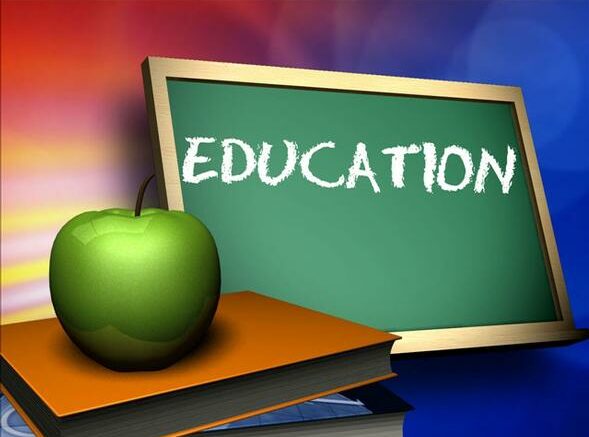OKLAHOMA CITY – State Reps. Sean Roberts and Tess Teague filed six pieces of legislation last week aimed at maximizing classroom dollars and minimizing administrative waste. The new measures come after both lawmakers talked extensively with constituents and educators.
“These past few weeks at the Capitol have invigorated me,” said Roberts, R-Hominy. “Listening to teachers and residents of House District 36, there’s been a clear message – we don’t need to raise taxes to increase classroom spending. These bills are a result of productive conversations between lawmakers and stakeholders, and the results will benefit educators and the average taxpayer alike.”
The six bills were filed as part of the 2017 second special legislative session.
“This is a collection of common-sense legislation that will help ensure teachers have the resources they need,” said Teague, R-Choctaw. “Every single one of my colleagues and I agree we should seek to send as much money as possible straight into the classroom. It’s a shame administrative bloat strips funds from teachers who ought to have supply stipends large enough to cover basic expenses. Through this package of reforms, we hope to make sure educators can teach without worrying about whether they can cover the cost of paper.”
The proposed legislation includes:
House Bill 1043XX, which enforces a performance audit of the State Department of Education. This would be performed by the state auditor.
House Bill 1044XX, which requires the Commissioners of the Land Office (CLO) to provide every teacher with a $500 annual stipend for classroom supplies.
House Bill 1045XX, which caps superintendent salaries to that of the governor’s. The governor’s salary is currently $147,000 per year. This legislation mimics federal law.
House Bill 1046XX, which consolidates superintendents across Oklahoma’s more than 500 school districts. This would only affect counties with populations less than 400,000.
House Bill 1047XX, which requires the state superintendent to submit to the Legislature and the governor a rolling five-year plan to meet existing and future public education needs for funding and policy reform.
House Bill 1048XX, which reallocates $15 million of lottery funding for textbooks and curriculum technology.
“Over and over again, I listened to constituents and teachers voice concern about lottery funds, what the CLO was doing with the $2 billion it has in its account and why school administration was making so much money. Our hope is to make certain lawmakers are appropriately spending taxpayer dollars, and these smart measures are a crucial step in doing so,” said Roberts.




Be the first to comment on "Legislation proposed to increase education revenue without increasing taxes"